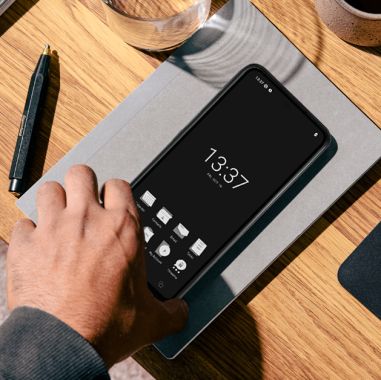Switching over to a balanced relationship with technology
What changes do we need to make? A call for ideas.
At the launch event for the MP02 in London, the invited panel had some interesting things to say about how techno-creep is leading people to behave in ways that are, in reality, bizarrely rude and disrespectful.
But what practical steps can we make, collectively and as individuals, to maintain connection in the digital age?
Here at Punkt. we’re compiling a list of steps we can all take, covering the types of technology we buy and how we choose the rôles they play our lives. Creating a balanced relationship with technology – rather than simply accepting each and every designed-for-addiction brain-hack that gets released. We’re keen for this to be a collaborative project, rather than simply a list created by us. For this reason, we invited the wider public to get in touch with their suggestions. We’re now working through the substantial number of responses and will be reporting back soon.
Here are a few initial thoughts that we published as a way of opening the discussion:
1) Preparation for making a change:
- Review your social media involvement, perhaps tightening your privacy settings or unsubscribing from some/all platforms completely.
- Decide who is a friend and who is a “Friend”, and purge your lists of contacts.
- Send out an email to everyone you know, stating what you’re doing. Perhaps explain why, perhaps not – up to you. Maybe simply include an Internet link or two, that does the explaining on your behalf.
2) Some suggestions as to what collection of devices to own, other than simply the best smartphone you can afford (with its tiny screen, dreadful battery life, and infamous tendency to dominate):
- voicephone + small tablet + laptop computer
- smartphone + voicephone + desktop computer
- large smartphone + landline phone + use of your computer at work, plus Internet cafés
- landline phone + typewriter + grand piano (true story!)
3) What new social norms and expectations do we need to create, in this time of change?:
- It’s okay to make phone calls to people – it doesn’t have to only be in emergencies.
- And it’s okay to not answer every call. If you’re busy, note the missed call and ring them later – or let them call again. No drama. If it’s urgent, they’ll persevere.
- Communicating via text message can often be slow and inefficient – even with a QWERTY keyboard, so actually, in the 21st century: some people don’t do it much.
- Texts don’t automatically qualify for a faster response than missed calls.
- Phone calls can be short, even just a few seconds.
- When you exchange contact details with someone for the first time, it’s useful to state how you tend to communicate. E.g. “I don’t generally have time for texting and emailing, so I mostly make phone calls.” (If you use a voicephone, putting their number into it there and then will illustrate your point.)
- Let your friends and family know when you tend to be available for calls. Ditto employer/employees. If you’re self-employed, maybe set fixed office hours.
- Multi-tasking is generally inefficient. Multi-tasking when you’re physically with other people is generally rude.
- People checking their phones during meetings at work: why don’t companies simply ban this?



